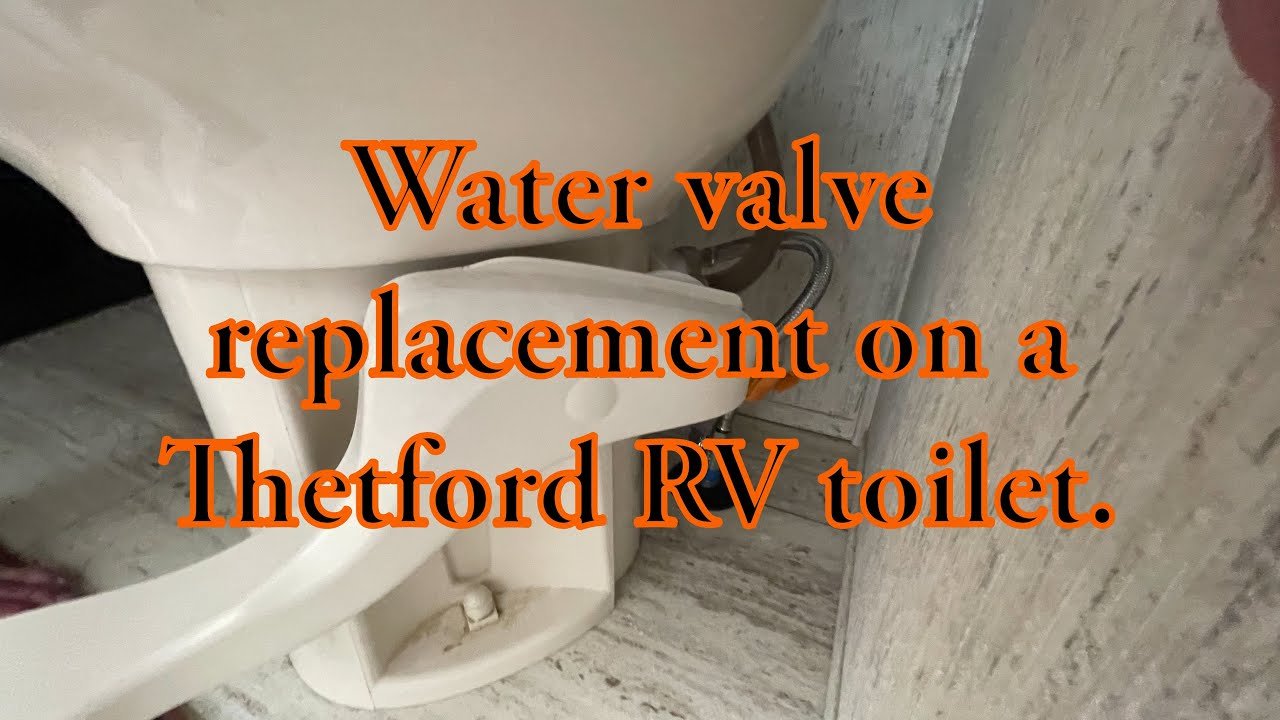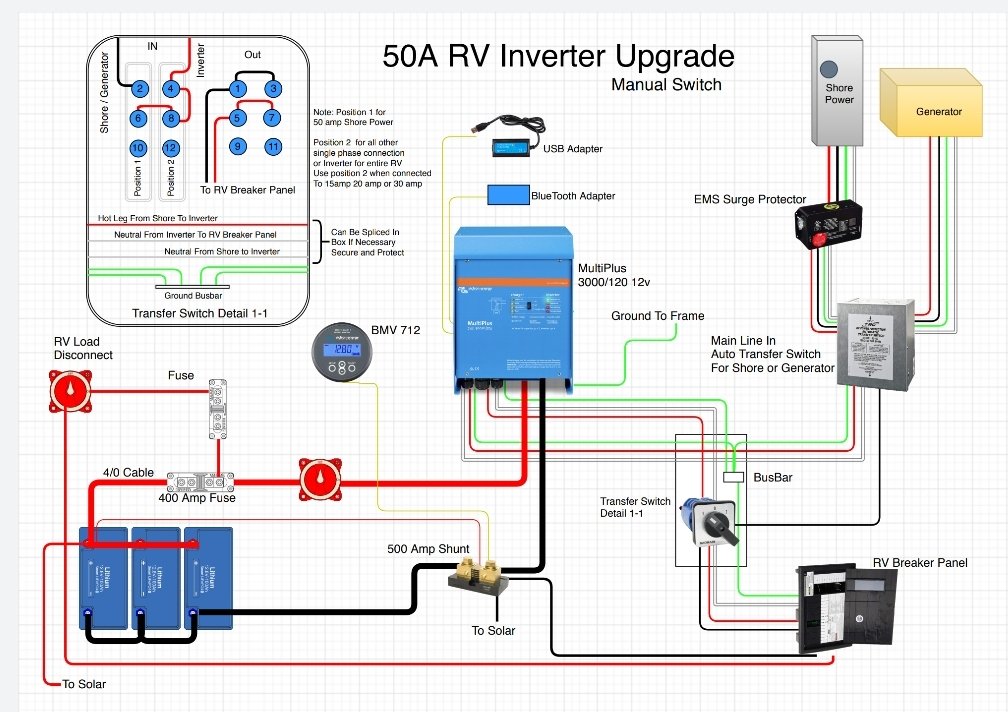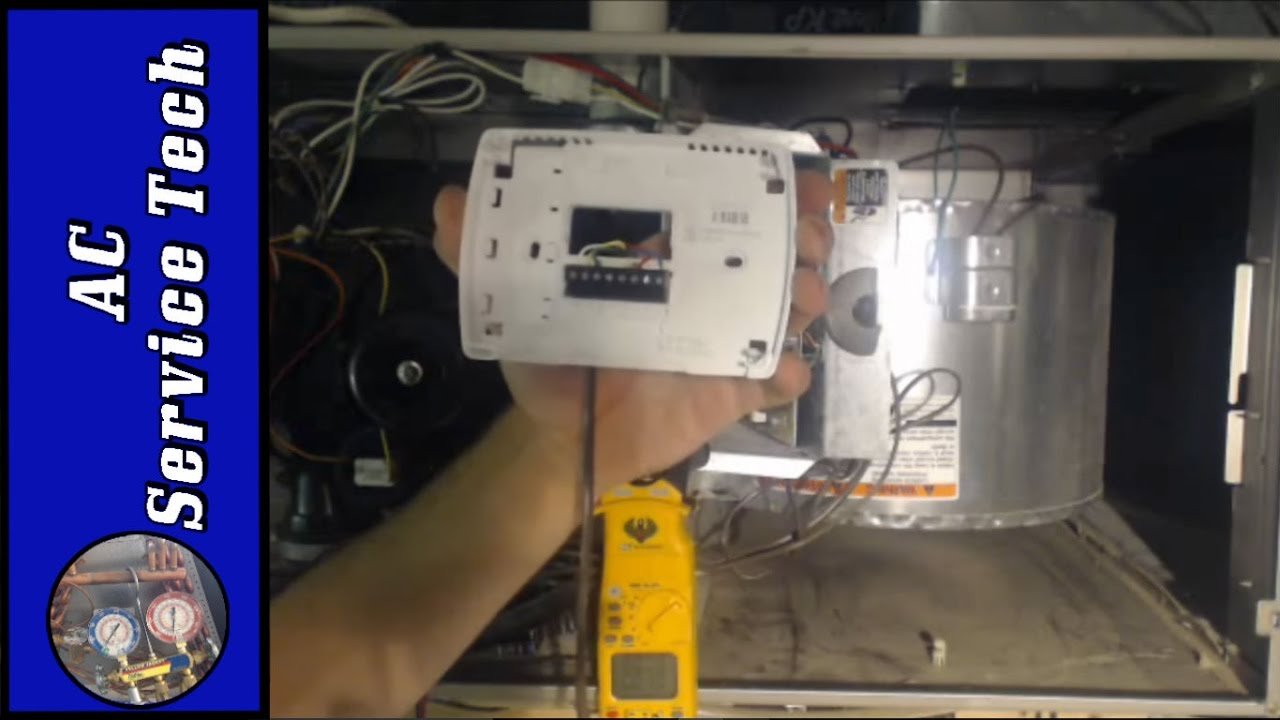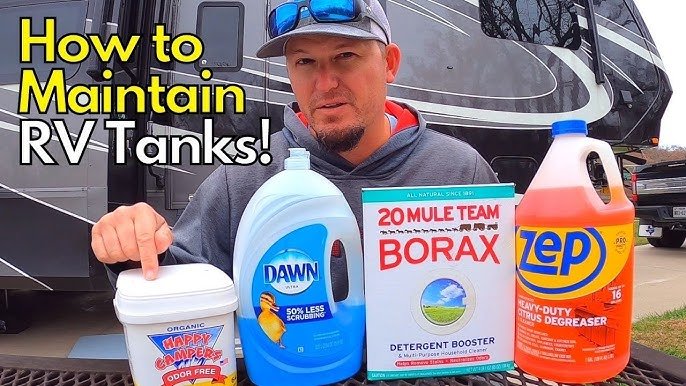No, RV outlets are not the same as house outlets. They differ in design and function.
Understanding the differences between RV outlets and house outlets is important for safety and functionality. RVs, or recreational vehicles, are mobile and have unique electrical needs. The outlets in an RV are designed to handle these specific requirements. In contrast, house outlets are built for a stationary home environment.
This blog post will explore the key differences between RV and house outlets. We will discuss their design, voltage, and safety features. Whether you’re an RV owner or just curious, this information can help you make informed decisions about your electrical needs. Stay tuned as we dive into the details.
Introduction To Rv Outlets
RV outlets and house outlets may look similar, but they have important differences. RV outlets often use 12-volt DC power, while house outlets use 120-volt AC power. Understanding these differences ensures safe and proper usage.
RV outlets might seem similar to house outlets at first glance. Yet, they serve different purposes and have unique features. Understanding RV outlets is crucial for every RV owner. This knowledge ensures safety and proper use of electrical devices.
Purpose Of Rv Outlets
RV outlets cater specifically to the electrical needs of recreational vehicles. They handle the power requirements of appliances and devices used in RVs. Unlike house outlets, RV outlets often have specific voltage and amperage ratings. This design prevents electrical overload and potential hazards.
Common Uses
RV outlets power essential appliances like refrigerators and microwaves. They also support entertainment devices, such as TVs and speakers. Additionally, they charge gadgets like phones and laptops. Proper use of RV outlets keeps your devices running smoothly on the road. “`
House Outlets Basics
House outlets, also known as electrical outlets or receptacles, are essential components of any home electrical system. These outlets provide the power necessary for various household appliances and electronic devices. Understanding the basics of house outlets can help you use them safely and effectively.
Standard Voltage And Amperage
Most house outlets in the United States operate at a standard voltage of 120 volts. They typically have an amperage rating of 15 or 20 amps. These ratings ensure that the outlets can handle the electrical load of common household devices.
Some outlets may have different ratings, especially in older homes. Always check the specifications before plugging in high-power devices. Using the correct voltage and amperage reduces the risk of electrical hazards.
Typical Applications
House outlets serve a variety of purposes. They power everyday items like lamps, TVs, and kitchen appliances. In the kitchen, outlets supply energy to refrigerators, microwaves, and toasters. In living rooms, they power entertainment systems and charging stations.
In bedrooms, outlets are used for alarm clocks, phone chargers, and lamps. Bathrooms often have outlets for hairdryers and electric razors. Each outlet application ensures the smooth operation of your household devices.
Key Differences
Understanding the key differences between RV outlets and house outlets is essential for RV owners. These differences can affect the safe and effective use of electrical devices.
Voltage And Amperage Variations
The primary difference between RV outlets and house outlets lies in voltage and amperage. House outlets typically use 120 volts and are rated for 15 or 20 amps. This standard is suitable for most household appliances.
RV outlets, on the other hand, can vary. Smaller RVs might use 120 volts and 30 amps. Larger RVs often require 240 volts and 50 amps. This higher capacity supports more devices and larger appliances.
Here is a simple comparison table:
| Type | Voltage | Amperage |
|---|---|---|
| House Outlet | 120V | 15-20A |
| RV Outlet (Small) | 120V | 30A |
| RV Outlet (Large) | 240V | 50A |
Design And Construction
Another key difference is in the design and construction of the outlets. House outlets have a standard design that fits within typical wall plates. These outlets are built for indoor use.
RV outlets are designed for a different environment. They are often weather-resistant and built to withstand vibrations. The construction materials are more durable to handle the rigors of travel.
The plug types also differ. House outlets use standard three-prong plugs. RV outlets can have larger, more robust plugs. These are designed to handle higher power loads safely.
- House Outlets:
- Standard design
- Indoor use
- Standard three-prong plugs
- RV Outlets:
- Weather-resistant
- Built for travel
- Durable materials
- Robust plugs
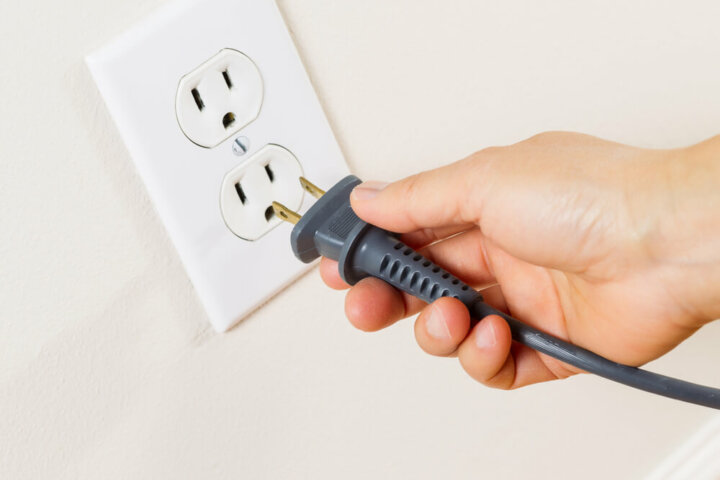
Credit: www.jeffsetter.com
Safety Considerations
When dealing with electrical outlets, safety is paramount. Whether you are using an RV outlet or a house outlet, understanding the safety considerations is crucial. Let’s dive into two major aspects: electrical codes and proper grounding.
Electrical Codes
Electrical codes are a set of regulations ensuring safe electrical installation and maintenance. These codes differ between RVs and houses. RVs must follow the National Electrical Code (NEC) Article 551. This article focuses on the unique aspects of RV electrical systems.
House outlets, on the other hand, adhere to general NEC standards. These standards ensure safe wiring and installation in permanent structures. Adhering to these codes prevents electrical fires and shocks. Always consult a professional electrician to ensure compliance.
Proper Grounding
Proper grounding is essential for both RV and house outlets. Grounding provides a safe path for electricity in case of a fault. For RVs, grounding systems are designed to be portable. This allows safe electrical connections at various campsites.
House outlets usually have a fixed grounding system. This system is connected to a ground rod or water pipe. Proper grounding prevents electrical shocks and equipment damage. Regularly inspect and maintain grounding systems to ensure safety.
In summary, understanding and adhering to electrical codes and grounding practices is critical. This knowledge ensures the safety of both RV and house outlets. Stay safe and enjoy your electrical systems with peace of mind.
Compatibility Issues
When using an RV, you may wonder if RV outlets are the same as house outlets. There are important compatibility issues to consider. This section will explore the differences and help you understand what to expect.
Plug Types
RV outlets often differ from house outlets in plug types. Most houses use 15 or 20-amp outlets. These are typically three-pronged. RVs, on the other hand, can have 30 or 50-amp plugs.
30-amp plugs have three prongs. But they are arranged differently compared to house plugs. 50-amp plugs have four prongs. They are even less compatible with standard house outlets.
Adaptors And Converters
To use an RV plug with a house outlet, you may need an adaptor. An adaptor connects your RV plug to a standard house outlet. But be cautious, as this can limit the power your RV can use.
Converters are another option. They can change the voltage from a house outlet to match your RV’s needs. This can be more complex but offers better power compatibility.
| Plug Type | Number of Prongs | Common Usage |
|---|---|---|
| 15/20-amp (House) | 3 | Standard household items |
| 30-amp (RV) | 3 | Small to medium RVs |
| 50-amp (RV) | 4 | Large RVs with many appliances |
- Adaptors are simple and easy to use.
- Converters offer more power but are more complex.
- Identify your RV plug type.
- Choose the correct adaptor or converter.
- Ensure safe and proper connection.
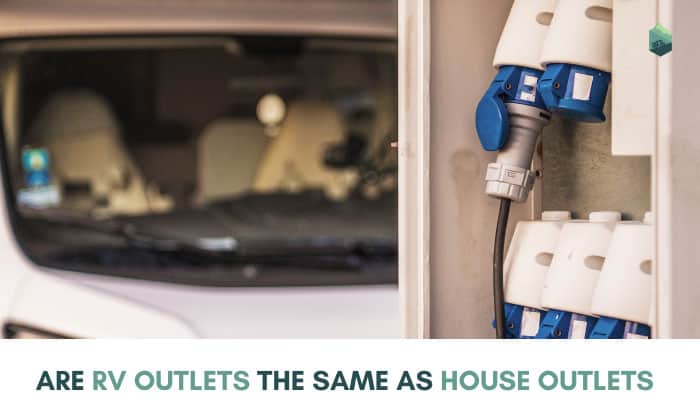
Credit: www.outdoorbits.com
Installation Processes
Understanding the installation processes for RV outlets and house outlets can help you manage your power needs better. Each type of outlet has its own installation requirements and steps. Here’s a detailed look at how you can install these outlets effectively.
Rv Outlet Installation
Installing an RV outlet requires specific tools and safety measures. First, turn off the main power supply to avoid any electrical hazards. Choose a suitable location for your outlet, ideally close to where you park your RV. Use a stud finder to ensure there are no obstructions behind the wall.
Install a junction box to house the outlet. Connect the wires to the corresponding terminals: black to brass, white to silver, and green to the grounding screw. Secure the outlet in the junction box and attach the cover plate. Finally, turn the power back on and test the outlet.
House Outlet Installation
House outlet installation also starts with turning off the main power supply. Identify the location for your new outlet. Cut a hole in the wall that matches the size of your junction box. Use a voltage tester to ensure there is no electricity running through the wires.
Attach the junction box to the wall. Connect the wires: black to brass, white to silver, and green to the grounding screw. Secure the outlet in the junction box and attach the cover plate. Restore the power and test the outlet to ensure it works properly.
Maintenance Tips
Maintaining your RV outlets is crucial for safety and functionality. Regular checks prevent issues and ensure a smooth travel experience. Here are some essential tips to keep your RV outlets in top condition.
Regular Inspection
Inspect your RV outlets regularly. Look for wear and tear. Check for loose connections and signs of overheating. Use a flashlight to see small details. Ensure the outlet covers are intact. If you notice any damage, fix it immediately.
Common Problems
Several problems can affect RV outlets. Loose wires are common. They can cause power outages or sparks. Overheating is another issue. It can lead to melting or fire hazards. Ground faults may occur, leading to electrical shocks. Always address these issues promptly.
Choosing The Right Outlet
Choosing the right outlet is crucial for your RV. It’s not just about plugging in and powering up. The right outlet ensures safety and efficiency. Let’s dive into the key factors that can help you make the best choice for your needs.
Factors To Consider
- Voltage and Amperage: RV outlets typically use 120 volts, like house outlets. However, the amperage can differ. While most household outlets are 15 or 20 amps, RV outlets can be 30 or 50 amps.
- Compatibility: Ensure the outlet matches your RV’s electrical system. A mismatch can lead to power issues.
- Durability: RV outlets face more wear and tear. Choose outlets designed for outdoor use and frequent plugging and unplugging.
- Safety Features: Look for outlets with built-in surge protection. This feature protects your RV’s electronics from power spikes.
Professional Advice
Consulting an electrician can be beneficial. They can assess your RV’s electrical system and recommend the best outlets. This ensures you avoid potential electrical problems down the road.
An expert can also help with installation. Proper installation is crucial for safety and efficiency. Incorrectly installed outlets can cause short circuits and other issues.
Remember, safety first. Investing in quality outlets and professional advice can save you time and money in the long run.
Frequently Asked Questions
Are Rv Outlets Different From House Outlets?
RV outlets are designed for mobile use and often have different voltage requirements. House outlets are standard for stationary use and typically provide 120 volts.
Can You Use House Outlets In An Rv?
House outlets can be used in an RV with proper adapters. It is important to ensure voltage compatibility to avoid damage.
What Voltage Do Rv Outlets Use?
RV outlets commonly use 120 volts for most appliances. Some RVs may also have 240-volt outlets for larger equipment.
Do Rv Outlets Need Special Wiring?
Yes, RV outlets require special wiring to handle varying power sources. This ensures safety and proper function when connected to different power supplies.
Conclusion
Understanding the differences between RV outlets and house outlets is crucial. RV outlets often use different voltages and designs. Safety matters greatly when dealing with electricity. Always check compatibility before plugging in. Use adapters if needed to avoid damage. Proper knowledge ensures a safe and enjoyable RV experience.
Stay informed and enjoy your travels.



